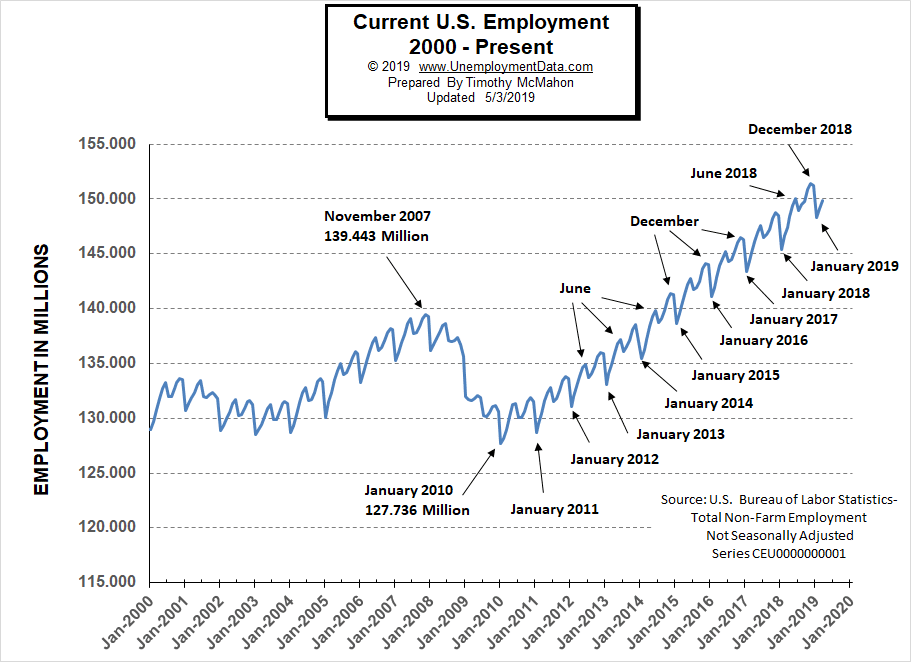Is The Count Of Monte Cristo Still Relevant Today? A Review

Table of Contents
Enduring Themes of Revenge, Justice, and Betrayal
The core of The Count of Monte Cristo lies in its exploration of revenge, justice, and betrayal – themes that resonate deeply with readers across generations. Edmond Dantès's journey, from wrongly imprisoned innocent to vengeful Count, exemplifies the complexities of seeking retribution. The novel doesn't shy away from the moral ambiguity inherent in revenge; it questions whether justice can ever truly be served through acts of vengeance.
- The complexities of revenge – is it ever justified? Dumas masterfully portrays the seductive nature of revenge, showing how it can consume even the most virtuous individual. The cycle of violence and its devastating consequences are central to the narrative.
- The seductive nature of power and corruption. The novel explores how power corrupts, even those who initially seek to use it for good. The characters' lust for power and wealth drives many of the betrayals and injustices within the story.
- The enduring impact of betrayal on human relationships. The betrayal Edmond suffers at the hands of his supposed friends Fernand Mondego, Danglars, and Villefort irrevocably alters the course of his life, highlighting the profound and long-lasting damage betrayal inflicts.
- The exploration of morality and ethics in seeking justice. The Count of Monte Cristo forces readers to confront difficult questions about morality and the ethics of seeking justice. Is revenge a justifiable response to injustice, or does it simply perpetuate a cycle of violence?
These themes find echoes in modern-day contexts. From political intrigue and corporate scandals to personal vendettas and online harassment, the struggle for justice and the seductive power of revenge remain potent forces shaping our world. The novel's exploration of "moral ambiguity," "betrayal," and the pursuit of "justice" is as pertinent today as it was during Dumas's time.
The Psychological Depth of Edmond Dantès's Character
Beyond its thrilling plot, The Count of Monte Cristo boasts exceptional character development, particularly in the portrayal of Edmond Dantès. His transformation from a naive, hopeful young man to the cunning and wealthy Count is a masterclass in psychological depth. The novel explores the impact of trauma, resilience, and the capacity for both good and evil inherent within the human spirit.
- Dantès's descent into darkness and his eventual redemption (or lack thereof). The extent to which Edmond embraces his vengeful persona is a subject of ongoing debate, prompting readers to consider the nature of redemption and the possibility of escaping the past.
- The psychological toll of imprisonment and isolation. Dumas vividly portrays the debilitating effects of unjust imprisonment, showcasing the psychological toll of prolonged isolation and the struggle to maintain one's humanity in the face of adversity. This resonates with modern discussions about trauma and mental health.
- The exploration of human nature and its susceptibility to manipulation. The novel explores the dark side of human nature, highlighting the susceptibility to greed, ambition, and the willingness to betray others for personal gain.
The "psychological depth" and "character development" of Edmond Dantès make him a compelling and enduring figure, forcing readers to confront their own capacity for both good and evil. The exploration of "trauma," "redemption," and "human nature" remains profoundly relevant in contemporary discussions of psychology and human behavior.
The Novel's Socially Relevant Commentary
The Count of Monte Cristo is not merely an adventure story; it offers astute social commentary on 19th-century France, addressing issues that still resonate today.
- The depiction of class divisions and societal injustices in 19th-century France. The novel vividly portrays the stark inequalities of 19th-century French society, highlighting the injustices faced by those of lower social standing.
- The novel's critique of political corruption and its consequences. The story exposes the pervasive nature of political corruption and its devastating consequences, showcasing how those in power can abuse their positions for personal gain.
- The exploration of themes of social mobility and the pursuit of wealth and power. Edmond's acquisition of wealth and influence raises questions about the nature of social mobility and the pursuit of power – themes that remain central to contemporary society.
The novel's critique of "social inequality," "political corruption," and "abuse of power" makes it a relevant commentary on power structures and social justice issues prevalent in the 21st century. The exploration of "class conflict" and "social commentary" remains powerful and insightful.
The Count of Monte Cristo's Continued Cultural Impact
The enduring legacy of The Count of Monte Cristo is undeniable. Its influence extends far beyond literature, permeating film, television, and popular culture.
- Adaptations in film, television, and other media. Countless adaptations have brought the story to new audiences, showcasing its enduring appeal across different media formats.
- References in contemporary literature and art. The novel's themes and characters continue to inspire contemporary artists and writers, demonstrating its lasting cultural impact.
- The enduring popularity of the story and its characters. The Count of Monte Cristo continues to be widely read and enjoyed, securing its place as a classic of world literature.
The "cultural impact" and "literary influence" of The Count of Monte Cristo are undeniable, cementing its place as a cornerstone of popular culture. The countless "film adaptations" and ongoing references solidify its "enduring legacy."
The Enduring Relevance of The Count of Monte Cristo
In conclusion, The Count of Monte Cristo remains remarkably relevant today. Its timeless themes of revenge, justice, and betrayal; its exploration of the psychological depths of human nature; its sharp social commentary; and its enduring cultural impact combine to create a narrative that continues to captivate and challenge readers. The novel's exploration of complex characters and enduring themes make it a must-read for anyone interested in exploring the intricacies of the human condition. Read The Count of Monte Cristo and explore the timeless themes that make it a classic. Discover the enduring relevance of The Count of Monte Cristo for yourself.

Featured Posts
-
 Formula 1 Star Max Verstappen Becomes A Father Miami Gp Update
May 04, 2025
Formula 1 Star Max Verstappen Becomes A Father Miami Gp Update
May 04, 2025 -
 Snow Storm Forecast When Will Snow Return To Ny Nj And Ct
May 04, 2025
Snow Storm Forecast When Will Snow Return To Ny Nj And Ct
May 04, 2025 -
 Where And When To Watch Canelo Vs Golovkin Ppv Fight Details
May 04, 2025
Where And When To Watch Canelo Vs Golovkin Ppv Fight Details
May 04, 2025 -
 Sydney Sweeneys Solo Hotel Stay Fuels Breakup Speculation With Fiance Jonathan Davino
May 04, 2025
Sydney Sweeneys Solo Hotel Stay Fuels Breakup Speculation With Fiance Jonathan Davino
May 04, 2025 -
 Serhiy Sideys Second Year Goals And Expectations
May 04, 2025
Serhiy Sideys Second Year Goals And Expectations
May 04, 2025
Latest Posts
-
 Australias 2024 Election A Test Of Global Anti Trump Sentiment
May 05, 2025
Australias 2024 Election A Test Of Global Anti Trump Sentiment
May 05, 2025 -
 U S Employment Situation April 2024 Report Shows 177 000 Jobs Added
May 05, 2025
U S Employment Situation April 2024 Report Shows 177 000 Jobs Added
May 05, 2025 -
 Formula Ones Everywhere Analyzing Stefano Domenicalis Leadership
May 05, 2025
Formula Ones Everywhere Analyzing Stefano Domenicalis Leadership
May 05, 2025 -
 Singapores Ruling Party Faces A Crucial Vote
May 05, 2025
Singapores Ruling Party Faces A Crucial Vote
May 05, 2025 -
 Is Australias Election A Reflection Of Worldwide Anti Trump Feeling
May 05, 2025
Is Australias Election A Reflection Of Worldwide Anti Trump Feeling
May 05, 2025
